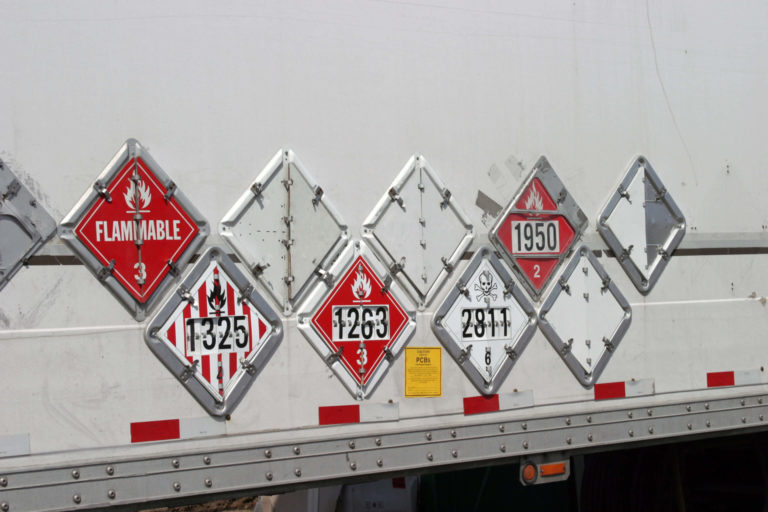It’s no secret there’s a massive truck driver shortage. The American Transportation Research Institute ranked it as the number one issue in the trucking industry for the third year in a row.
Unfortunately, this issue worsened due to the coronavirus. Now there’s a shortage of over 63,000 drivers. To make matters worse, driver turnover can end up being pretty expensive for trucking companies.
This is because advertising a job opening, interviewing candidates, and training them requires both time and money. Instead of driving your costs up, focus on creating a culture where drivers are taken care of and valued.
Here are 5 ways to create an excellent company culture so you can retain qualified drivers.









